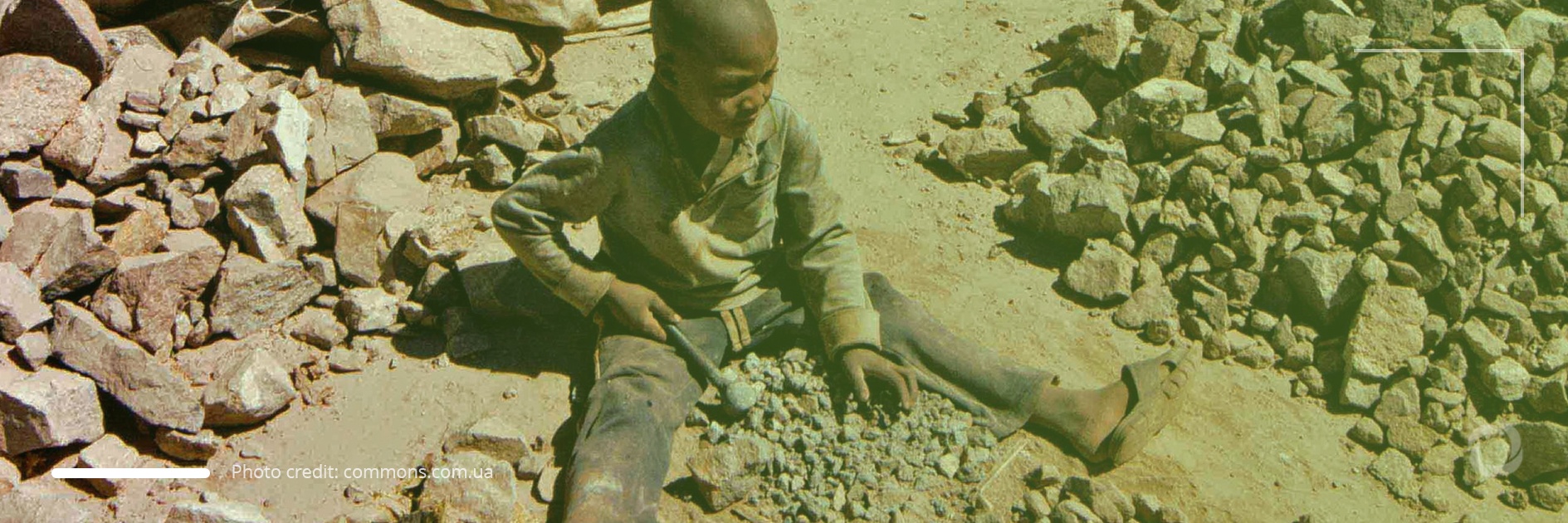The impact of the COVID-19 pandemic has pushed the children of Ghana, Nepal, and Uganda into exploitative and dangerous child labor, a study by Human Rights Watch has revealed.
The study, titled ‘I Must Work to Eat: COVID-19, Poverty, and Child labor in Ghana, Nepal, and Uganda’, discloses that many children feel they have no choice but to work to help their families to survive.
The study observed that the rise in child labor and poverty during the pandemic has impacted children’s rights whereby children have been forced to endure long working hours, hazardous working conditions, violence, harassment, and the theft of their pay.
The study was undertaken by interviewing 81 working children in Ghana, Nepal, and Uganda. These children were found to have worked at brick kilns, carpet factories, gold mines, stone quarries, fisheries, and in agriculture. Some had worked as mechanics and rickshaw drivers while others had sold items on the streets.
 Uganda
Uganda
- The school closures affected an estimated 73,200 schools, more than 15 million students, and 548,000 teachers in Uganda
- Approximately two-thirds of the children interviewed in Uganda indicated that their family had not received any form of COVID-19 relief
- Of the 32 children interviewed, four had never been to school and nearly half had dropped out of school before the pandemic began
- The vast majority said that they dropped out because their families were not able to pay the required school fees
 Nepal
Nepal
- All the children interviewed in Nepal said their families’ income had been negatively affected by the COVID-19 pandemic
- Most of the children started working because their families lacked the money to pay for housing or food due to the pandemic
- Most of the children who attended school before the lockdown returned once schools reopened but had also continued to work
 Ghana
Ghana
- All of the children interviewed in Ghana said that their families’ income had been affected during the pandemic and the resulting lockdown
- Nationwide school closures in Ghana affected 9,253,000 students
- Most of the children started to work to support their families and to earn money for their schooling
In addition to ratifying the Convention on the Rights of the Child, which guarantees children an adequate standard of living, and the ILO’s Worst Forms of Child Labour Convention (No. 182) that prohibits the use of children in hazardous work, Nepal, Uganda and Ghana have introduced laws to establish the minimum age for work including the minimum age for hazardous work. Unfortunately, however, by failing to implement the instruments and laws, these countries have not ensured an adequate standard of living for children.
Nepal’s Child Labor Act (2000) established the minimum age for work at 14 and the minimum age for hazardous work at 18. Contrary to this, 1.1 million children between the ages of 5 and 17 were found to be engaged in child labor in 2018. The Central Bureau of Statistics (CBS) of Nepal, the ILO, and UNICEF revealed a prevalence of labor exploitation with 6,229 child workers (3.5%) enduring forced labor among the 176,373 manual laborers in the brick kilns including family members.
Ghana’s Children’s Act (1998) established the minimum age of employment at 15, although children may do light work from the age of 13. The minimum age for performing hazardous work is 18.
Similarly, as per the country’s Employment Act, the minimum age for work in Uganda is 14, although children aged 12 and 14 are permitted to perform light work under adult supervision providing this does not interfere with the child’s education.
Referring to the findings of its report, the HRW has urged these countries to ensure national legislation regarding child labor is in line with international standards and that child labor standards are enforced including through vigorous monitoring, investigation, and appropriate penalties for violations. Recommendations were also made to pass laws that required companies to conduct human rights due diligence throughout their global supply chains so as to ensure they do not contribute to child labor.

